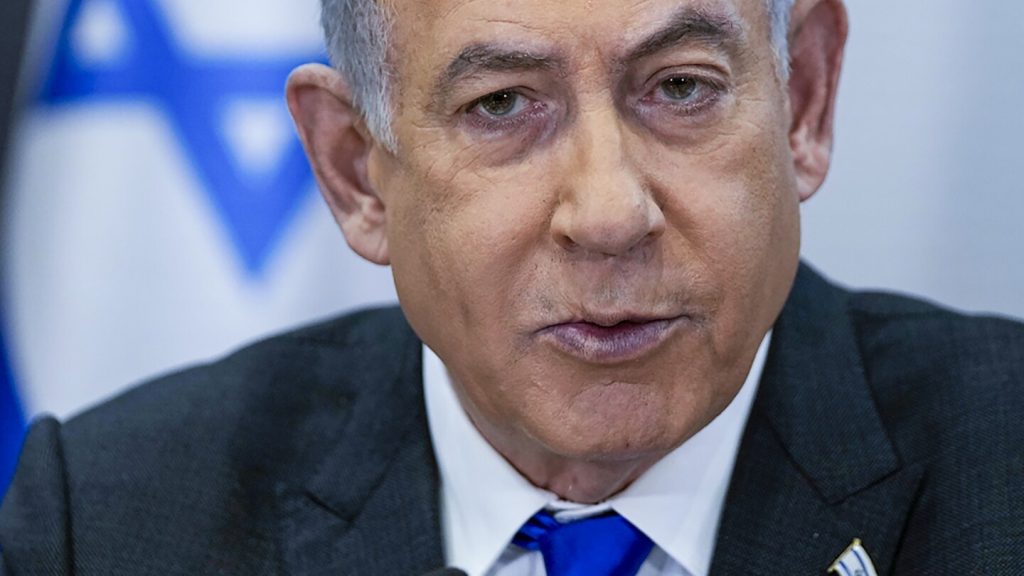Israeli Prime Minister Benjamin Netanyahu left for Washington on Monday to make a politically sensitive speech before the U.S. Congress. With ongoing efforts to bring about a cease-fire between Israel and Hamas, rising concerns about the war spreading, and the U.S. in the midst of an election campaign, Netanyahu’s speech has the potential to cause disarray on both sides of the ocean, especially following Joe Biden’s withdrawal from the presidential race. Before his departure, Netanyahu emphasized Israel’s bipartisanship and its commitment to remain America’s key ally in the Middle East.
Netanyahu’s schedule includes a meeting with President Joe Biden at the White House and an address to Congress on Wednesday. He will also meet with Vice President Kamala Harris. On this trip, Netanyahu aims to navigate multiple audiences, including his governing partners, the Biden administration, and the Republican Party. His words during the address could risk angering any one of these groups, potentially impacting his political standing at home. Netanyahu is recognized for his political acumen, but uncertainties remain about how he will navigate the current challenges.
The ongoing conflict between Israel and Hamas, which was sparked by Hamas’ attack on southern Israel, has strained Israel’s relationship with its top ally, the United States. The Biden administration has expressed concerns about the conduct of the Israeli military, the humanitarian situation in Gaza, and Israel’s post-war plans. Biden’s decisions, such as freezing the delivery of certain bombs, have been criticized by some in Israel. Netanyahu faces pressure to address these concerns during his speech to Congress while balancing the interests of various stakeholders.
The invitation for Netanyahu to address Congress has drawn criticism from some Israeli figures, who accuse him of advancing misguided policies aligned with his far-right partners for personal gain. Netanyahu’s leadership has faced widespread protests and calls for his resignation over failures in handling the conflict. Despite the challenges, Netanyahu sees this trip as an opportunity to reaffirm U.S. support for Israel amid tensions with the Biden administration. The speech offers a platform for Netanyahu to demonstrate his leadership amid criticism from his detractors.
The Democratic Party’s decision to freeze delivery of certain bombs over concerns about Israel’s operation in Gaza and its lack of a post-war plan has created tensions between the two allies. Netanyahu faces scrutiny during his trip, with some Democrats likely to skip his address as a demonstration of their discontent with his leadership. The trip also carries potential implications for Israel’s domestic politics, as Netanyahu’s handling of the conflict and his interactions with U.S. officials will impact his standing at home. Pro-Palestinian activists may seek to protest against Netanyahu during his visit, adding another layer of complexity to the trip.
Netanyahu’s speech to Congress will be closely watched for its implications on U.S.-Israel relations and his domestic political standing. The Israeli leader’s meetings with U.S. officials, including President Biden, come at a critical time in the conflict with Hamas and amidst broader regional tensions. Netanyahu’s ability to navigate the complex dynamics of the trip, including his interactions with different factions in the U.S. political landscape, will have lasting implications for Israel’s position in the region. As Netanyahu seeks to address multiple audiences and navigate challenges on both sides of the ocean, the outcome of his trip remains uncertain and could reshape the dynamics of the conflict as well as his own political future.


